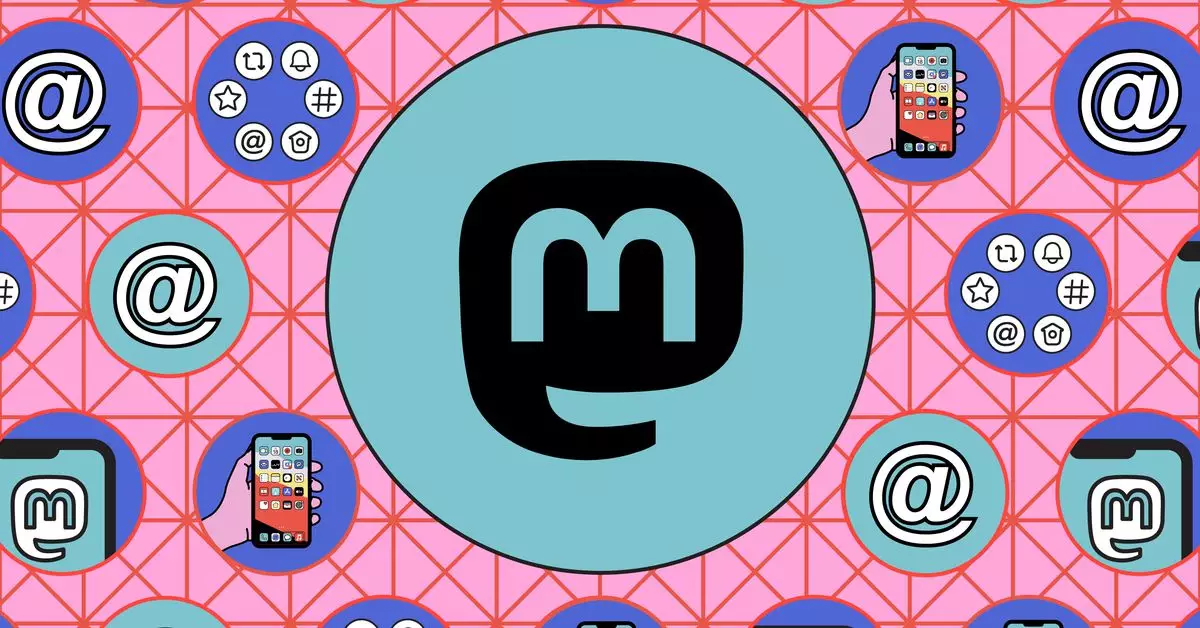Mastodon, the decentralized social networking platform, is set to initiate a transformative move by transferring ownership from its Founder and CEO Eugen Rochko to a newly established nonprofit organization. This strategic change marks a significant departure from conventional social media norms, wherein most platforms remain under the tight grip of wealthy CEOs, such as Meta’s Mark Zuckerberg and Elon Musk of X. Mastodon’s ethos is centered around community and shared ownership, standing in stark contrast to the centralized and often profit-driven models that have become commonplace in today’s digital landscape.
In a recent blog post, the company outlined its intentions, emphasizing that “Mastodon should not be owned or controlled by a single individual.” This reorientation aims to align with the original principles Rochko envisioned when he founded Mastodon in 2016. He sought to build a platform where users could cultivate authentic communities without the undue influence and manipulation often associated with traditional social networks. This shift seeks to return to those foundational ideals, promising a future where users feel empowered, rather than exploited.
While the ownership transition might suggest significant alterations, Mastodon assures users that daily operations, including the maintenance of its servers and federated network, will remain unchanged in the short term. Users of mastodon.social and mastodon.online can expect continued support, as well as ongoing routine updates and bug fixes. However, the announcement hints at forthcoming changes, suggesting that the transition could lead to enhancements aimed at bolstering user experiences.
The timing of this announcement coincides with a tumultuous period in the broader social media realm, particularly with controversy surrounding established platforms. Mastodon’s decision to embrace a nonprofit model can be seen as a statement against the pervasive issues of data exploitation, manipulative algorithms, and corporate monopolies that characterize the experiences on social networks like Facebook and Instagram. By declaring its commitment to creating digital spaces free from such influences, Mastodon seeks to attract users disillusioned with the mainstream social media experience.
A Restorative Path for the Platform
Significantly, Rochko will retain a role focused on product strategy as the organization transitions to its new structure. This ensures that the platform’s development remains guided by its founding principles, even as it evolves. The recent history of nonprofit status challenges—where Mastodon had previously lost its charitable designation—further underscores the organization’s commitment to building a resilient infrastructure that supports its wide-ranging community.
In a digital age marked by constant scrutiny and skepticism, Mastodon’s dedication to fostering an inclusive environment could potentially redefine user expectations from social media platforms. As they embark on this new chapter, both existing and prospective users will be keenly monitoring how the nonprofit model shapes Mastodon’s future and the broader landscape of online socialization.

